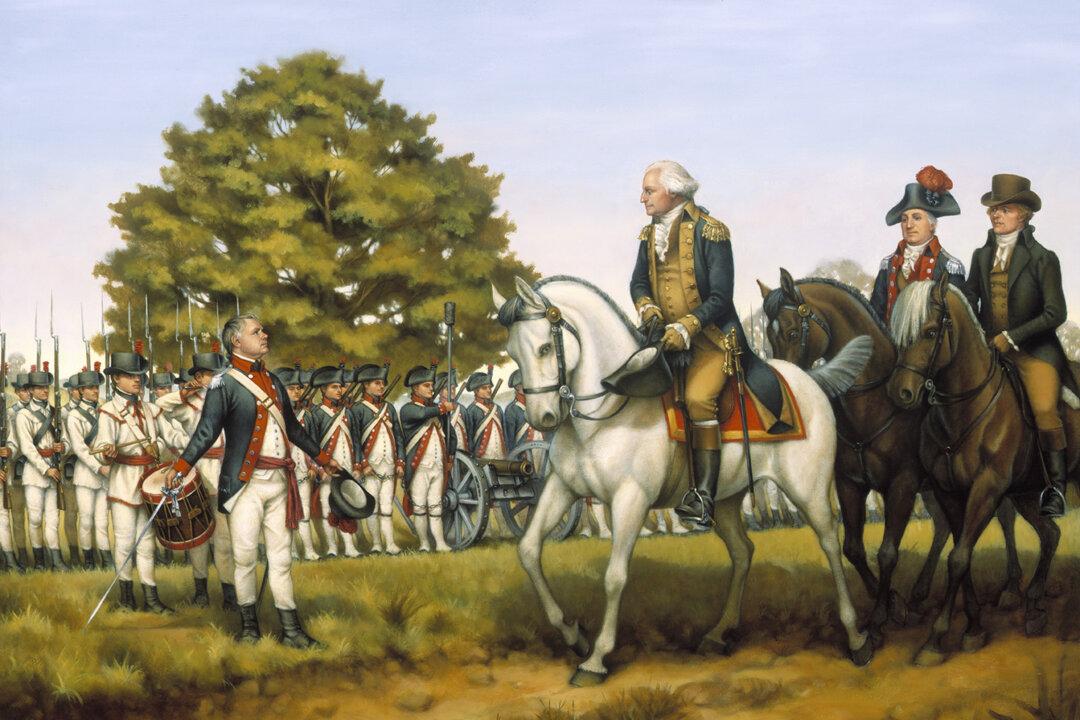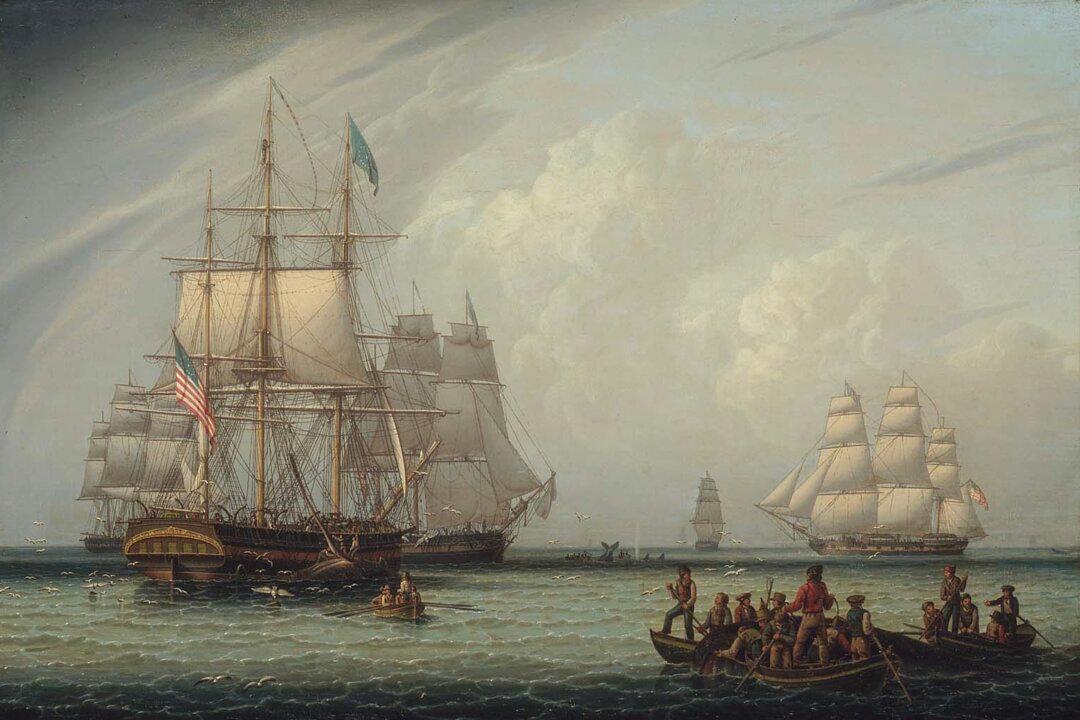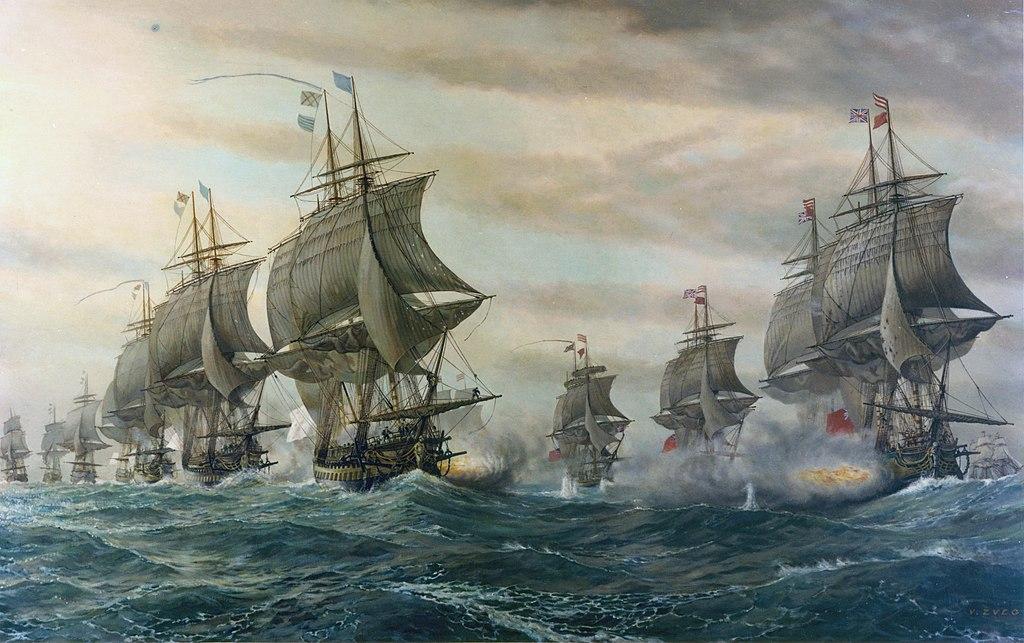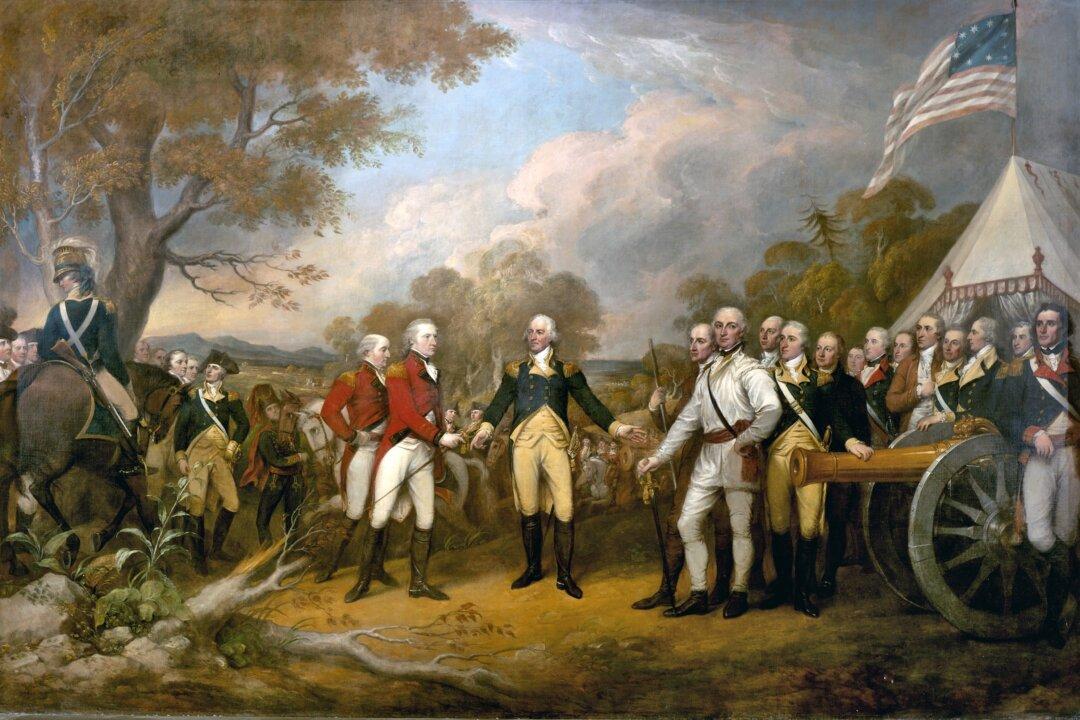In 1794, western farmers in the newly minted United States reacted strongly against the tax imposed on whiskey by Alexander Hamilton, Washington’s secretary of the Treasury. Hamilton, for his part, was up against a shortage of funds. During the American Revolution, many of the colonies had spent all that they had and more. When the war ended, Hamilton, as the new money man for the new country, pushed to take over the outstanding debts of the states to establish credit for the new nation. A worthy idea, but it didn’t solve the problem of the money shortage.
Searching for a solution, Hamilton had suggested an excise tax on whiskey in 1791. Washington journeyed to Virginia and Pennsylvania to sound out the citizens on the idea. Local government officials were enthusiastic, and Congress hastened to make Hamilton’s solution the law of the land.





